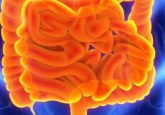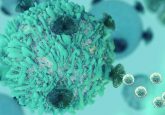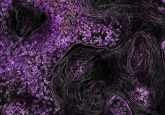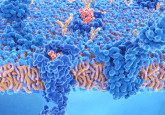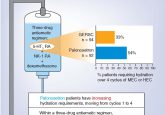No long-term decrease in sperm quality for testicular cancer patients
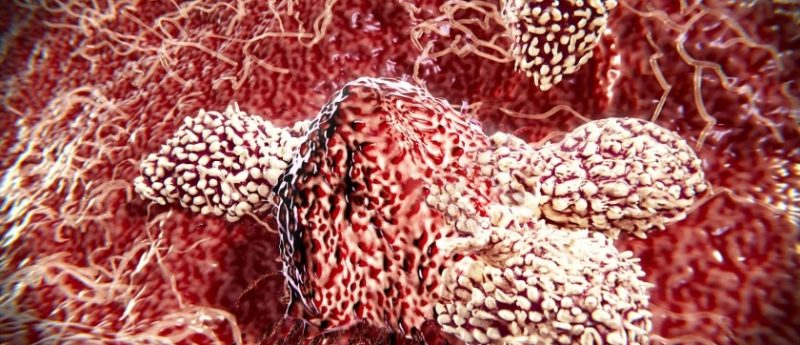
A longitudinal study has found no clinically significant long-term effect on sperm quality for testicular cancer patients after one round of therapy post-surgery.
A longitudinal study has found that, for stage I testicular cancer (TC) patients who undergo one round of chemo- or radio-therapy post-surgery, there are no long-term effects on sperm quality.
TC is the most common cancer for men aged between 15 and 40 years, but it has a high survival rate of 95%. Unfortunately, the condition is often paired with a decreased ability to produce sperm, which could have a significant effect on a patient’s life – particularly if they are young men wishing to start a family in the future.
In a study published in the Annals of Oncology, 182 men aged 18–50 years with stage I TC, who had had an orchiectomy (surgical removal of a testicle; standard procedure for TC patients) within the past 5 years, were monitored for 5 years.
Whilst there was a significant drop in sperm number in the radiotherapy group after 6 months, this decrease was transient, and at the end of the 5 years there was no clinically significant drop in sperm quality for any group.
The patients were split into four groups according to their treatment modality: radiotherapy, two different chemotherapy regimens and just surveillance. Semen samples were taken 6 months, and 1, 2, 3, and 5 years post-treatment.
Whilst there was a significant drop in sperm number in the radiotherapy group after 6 months, this decrease was transient, and at the end of the 5 years there was no clinically significant drop in sperm quality for any group.
“I wasn’t expecting sperm to recover so well after postoperative treatment,” commented lead author Kristina Weibring, from Karolinska University Hospital (Stockholm, Sweden), “I didn’t expect as negative an effect as if the patient had received many courses of chemotherapy, since it is much more toxic, but I was not sure how much the sperm would be affected by one course.”
“With the results of this study we can give the patients more adequate information on potential side-effects from postoperative treatment,” explained Weibring.
However, as the patients may already have a low sperm count prior to therapy, particularly if they have testicular dysgenesis, a condition which leads to a higher risk of TC, the team recommend sperm banking regardless of their treatment.
Weibring concluded; “In addition, the type of testicular cancer and whether or not it will need further treatments are unknown factors before the orchiectomy. Assisted reproductive measures may be necessary for these patients regardless of any treatment given.”
Source: Weibring K, Nord C, Ståhl O et al. Sperm count in Swedish clinical stage I testicular cancer patients following adjuvant treatment. Ann. Oncol. doi:10.1093/annonc/mdz017 (2019); www.esmo.org/Conferences/TAT-2019-International-Congress-on-Targeted-Anticancer-Therapies/Congress-Coverage/News/Annals-oncology-chemotherapy-radiotherapy-testicular-cancer-sperm-count
Related content
Novel strategy revealed for overcoming drug resistance in testicular cancer
Adjuvant chemotherapy and follow-up for recurrences in localized testicular cancer
